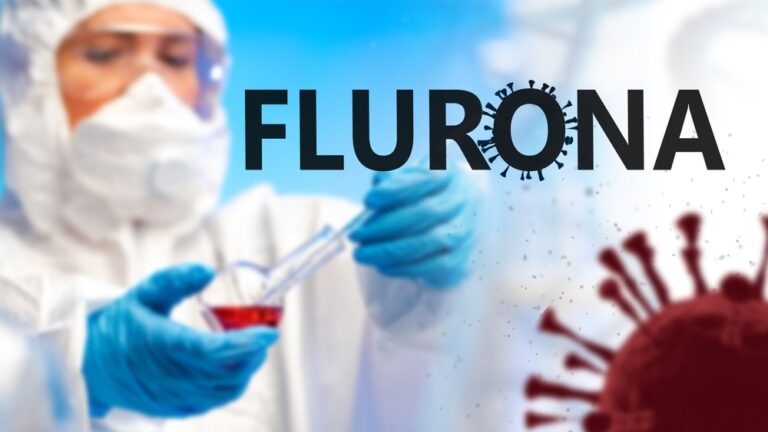
We inherit a lot of who we are from our parents and extended family, some good and some bad. Unfortunately, in some cases, serious and potentially debilitating diseases are passed along through family bloodlines.
Alcoholism
American Addiction Centers reports that children of alcoholics have a twofold to fourfold increased chance of struggling with alcohol abuse as they get older. And according to a study by the National Institute on Alcohol Abuse and Alcoholism, inherited genes can account for 40% to 60% of why a certain individual becomes addicted to alcohol.
Heart disease
The University of Ottawa Heart Institute notes that several cardiac disorders can be inherited, such as arrhythmias, congenital heart disease, and high blood cholesterol. One such abnormal heart rhythm, Brugada syndrome, is recognizable, and if it’s detected in one family member, chances are others carry the same gene. Coronary artery disease leading to heart attack, stroke, and heart failure can also run in families.
Obesity
According to Harvard Health Publishing, genes may account for as much as 70% to 80% of the predisposition to be overweight. While diet, environment and level of exercise are certainly factors, a person’s genes can contribute to obesity, especially if parents or blood relatives are overweight. Genes have also been shown to be the cause of obesity disorders such as Bardet-Biedl syndrome and Prader-Willi syndrome.
Breast cancer
According to the American Cancer Society, around 5% to 10% of breast cancer cases are thought to be hereditary, the most common being an inherited mutation in the BRCA1 or BRCA2 gene. On average, a woman with this type of gene mutation has about a 7-in-10 chance of getting breast cancer by age 80, and the risk goes up if more family members are affected.
Duchenne Muscular Dystrophy
According to the Muscular Dystrophy Association, the Duchenne form of the disease is hereditary in nature; a mutated gene on the X chromosome was identified as the cause in 1986. The condition occurs when a specific protein is absent from muscles, causing damage and progressive weakness.
Each son born to a woman with the mutation has a 50% chance of inheriting the flawed gene and thus having Duchenne muscular dystrophy. Daughters have a 50% chance of inheriting the mutation and being a carrier. Girls do not usually experience the full effects of the condition the way boys do.
Huntington’s disease
The Mayo Clinic notes that Huntington’s disease is an inherited condition caused by a defect in a single gene, and each child in the family of a person with the defect has a 50% chance of inheriting it. The disorder causes the degeneration of nerve cells in the brain and a wide range of movement, cognitive and psychiatric issues.
Hemophilia
According to the World Federation of Hemophilia, the bleeding disorder is often inherited from one or both parents; only about 30% of people with hemophilia did not get it from their parents’ genes. Since the defective gene is on the X chromosome, most hemophiliacs are male, but women can also be both carriers and sufferers of the abnormal bleeding condition.

























